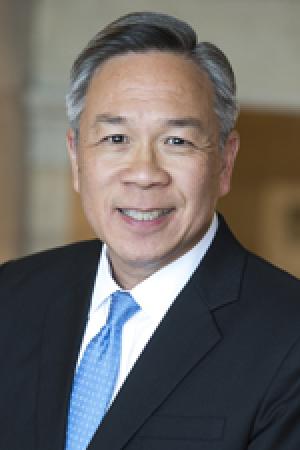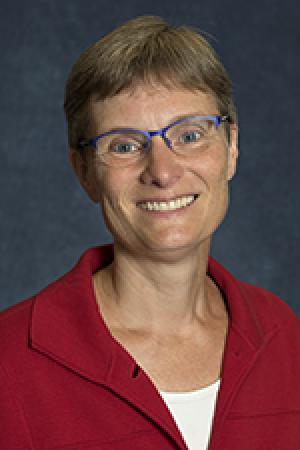Higher education
Becoming a Leader in Higher Education and Student Affairs
Are you passionate about shaping the future of higher education and creating a positive impact on the lives of students?
Higher Education remains a dynamic and exciting field that develops future leaders who will transform organizations that enact equitable policies and practices so that faculty, students, and staff can flourish in an environment of research, engagement, and higher learning.
Our masters and doctoral graduate programs are designed to equip aspiring academics and administrators with the knowledge, skills, and experiences needed to excel in the dynamic field of higher education and student affairs. Join us on a transformative journey that will prepare you for leadership roles in colleges, universities, and other educational institutions.
Your Future in Higher Education and Student Affairs
With our graduate program, you'll be well-prepared for a wide range of career paths in higher education administration, including roles in student affairs, academic advising, career counseling, residence life, and more. You'll be equipped to drive positive change in educational institutions and help students succeed both academically and personally.
Join us in our commitment to advancing higher education and fostering the growth and development of students. Your journey towards becoming a successful higher education and student affairs administrator starts here.
Our curriculum covers a wide range of topics essential for effective higher education and student affairs administration, including:
- Student Development Theory: Explore the psychological, social, and intellectual development of students to better understand their needs and challenges.
- Leadership and Organizational Management: Develop leadership skills, management strategies, and decision-making abilities crucial for overseeing educational programs and institutions in higher education and student affairs.
- Policy and Higher Education Law: Understand higher education policies, legal issues, and regulations affecting colleges and universities, both at the federal and state levels.
- Community Engagement: Learn how to foster collaborative and mutually beneficial partnerships between universities or colleges and their surrounding communities that enrich the educational experience for students, addresses community needs, and fosters positive social change.
- Diversity and Inclusion: Gain insights into creating inclusive and equitable educational environments, valuing diversity, and promoting social justice.
- Crisis Management: Learn how to navigate crises, from student conflicts to campus emergencies, with grace and efficiency.
- Research and Assessment: Understand how to collect and analyze data to make informed decisions and improve student experiences.
Our dedicated faculty members are experienced professionals with a deep commitment to the field of higher education and student affairs. They bring real-world expertise to the classroom, ensuring that you receive the best guidance and mentorship. Many are past and present senior administrators in higher education at the department, college, provost and presidential cabinet levels and lead in the areas of first-generation students, career development, student affairs, public engagement, academic and faculty affairs, and equity and inclusion. These dedicated mentors bring their wealth of knowledge, research, and real-world experience into the classroom, providing students with an unmatched quality of education.
Join an online info session!
Please join us for one of our upcoming information sessions for our MA and PhD programs in Higher Education, online via Zoom. This is a great way to meet program faculty, connect with potential future classmates, and get answers to your questions.
Sessions will be held from 7-8pm US Central time on:
Thursday, September 25
Thursday, October 16
Monday, November 10
Thursday, January 22
Programs
Higher education MA
Embarking on the journey towards an MA in Higher Education at the University of Minnesota is a transformative step - one that promises to deepen your understanding of the dynamic intersection between higher education and student development and will open career opportunities in higher education institutions.
Higher education PhD
Earning a Ph.D. in Higher Education at the University of Minnesota can unlock advanced and specialized career opportunities in the field. With a doctoral degree, you can take on leadership roles, contribute to research and policy development, and make a significant impact on the field of higher education.










